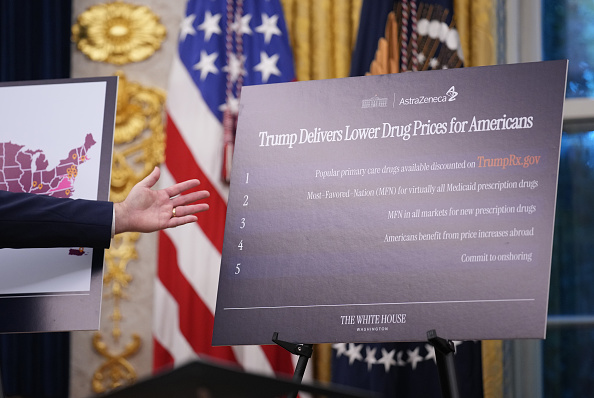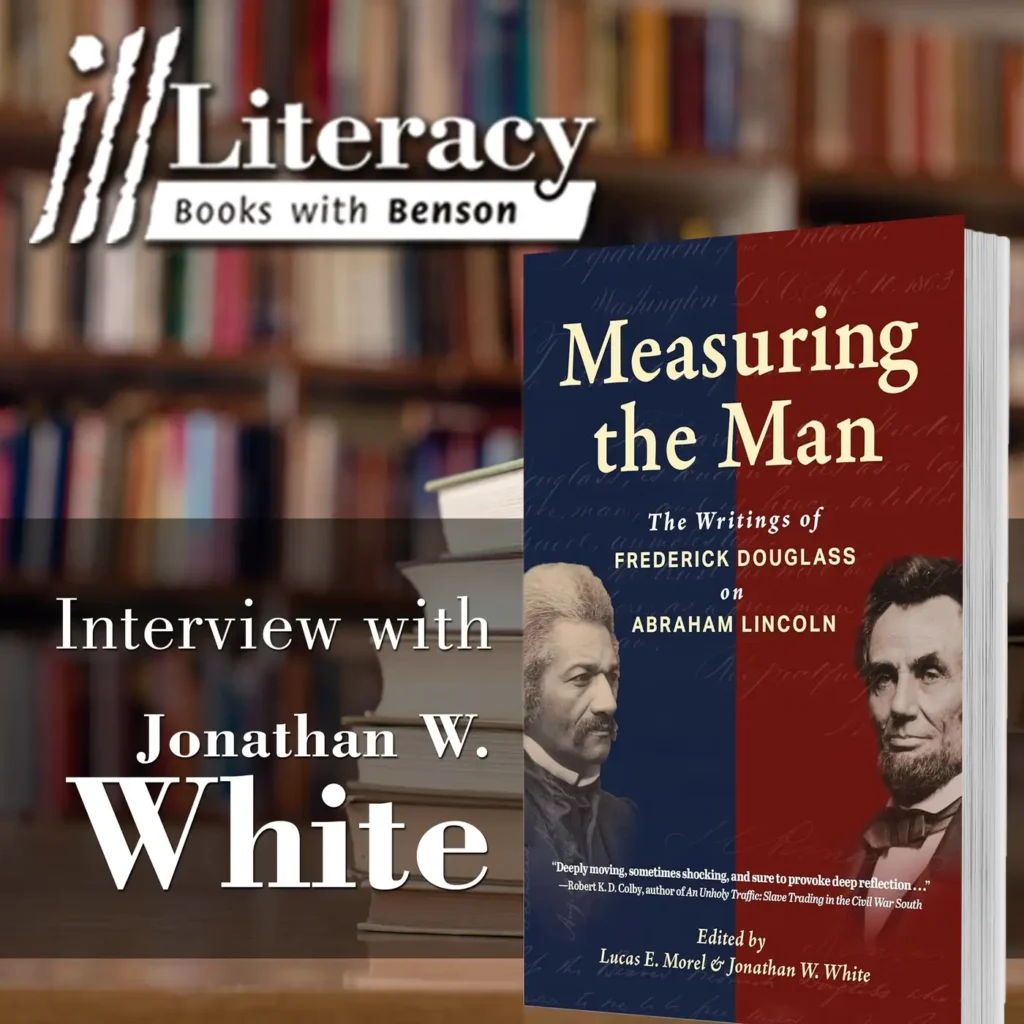The Federal Communications Commission has announced plans to re-auction the “D” block of the analog spectrum, which will be vacated when television goes fully digital on February 17, 2009. FCC was seeking public comment on the new auction at press time.
Last spring FCC auctioned the vast majority of the 700 MHz spectrum, the section of airwaves currently used for television broadcasting. On the whole, the previous auction was considered a success, raising nearly $20 billion. However, one section of the spectrum, the D block, failed to raise the $1.3 billion FCC was looking for.
In the original sale of the D block, FCC attempted to mandate the buyer set aside a part of the block of spectrum for emergency responders to use for nationwide coordination and communication.
FCC Created Own Problems
“[FCC] is running into problems because they are trying to ‘engineer’ things,” said Steve Titch, a technology policy expert for the Los Angeles-based Reason Foundation. “Spectrum auctions are not a bad idea, at least compared to the way they used to do it, where they basically gave it away and somebody with a license would turn around and sell it.
“This whole thing went off track when the FCC started attaching conditions [to spectrum sales]. Then the commission got greedy and started attaching minimum prices for it. And as a result, they got no takers,” Titch said.
“This is what happens when government fails to understand supply and demand,” Titch continued.
As a result of the failure of the first D block sale, FCC will be trying to resell the block at a cost of less than half of what it originally wanted—$750 million.
“If this price falls within market parameters, the FCC will get some takers,” Titch said.
Market Already Provides Answer
Titch notes there are technologies already in existence that can provide a common frequency for emergency responders, which is what FCC is trying to achieve by setting aside part of the D block for public safety.
“The market is providing voice-over-Internet Protocol (VoIP) radios that solve the problems that the FCC wants to solve,” Titch said. “They allow different groups of emergency responders to talk to each other even if they do not have compatible radios on the same frequency.”
Need for Realism
Even so, Titch considers the latest spectrum auction to be a good idea. But when FCC auctions the D block, the commission should understand it will not be a successful sale until the price—including the cost of setting up a national public safety communications system—is at the level companies are willing to pay.
“It is like the housing market,” Titch said. “I could put my house on the market for $350,000 today, but no one would show up.”
Aleks Karnick ([email protected]) writes from Indianapolis, Indiana.



